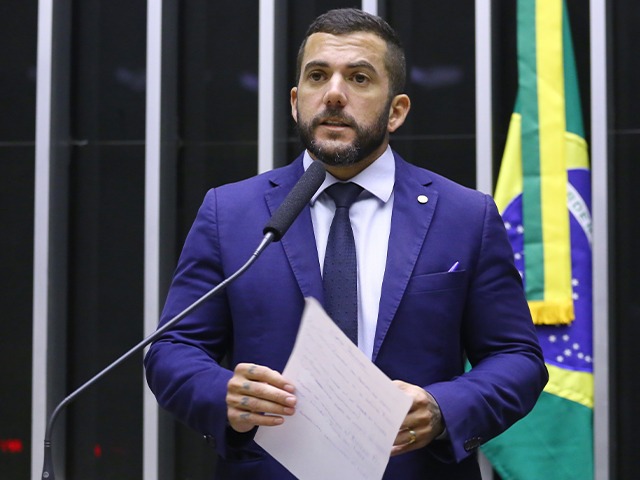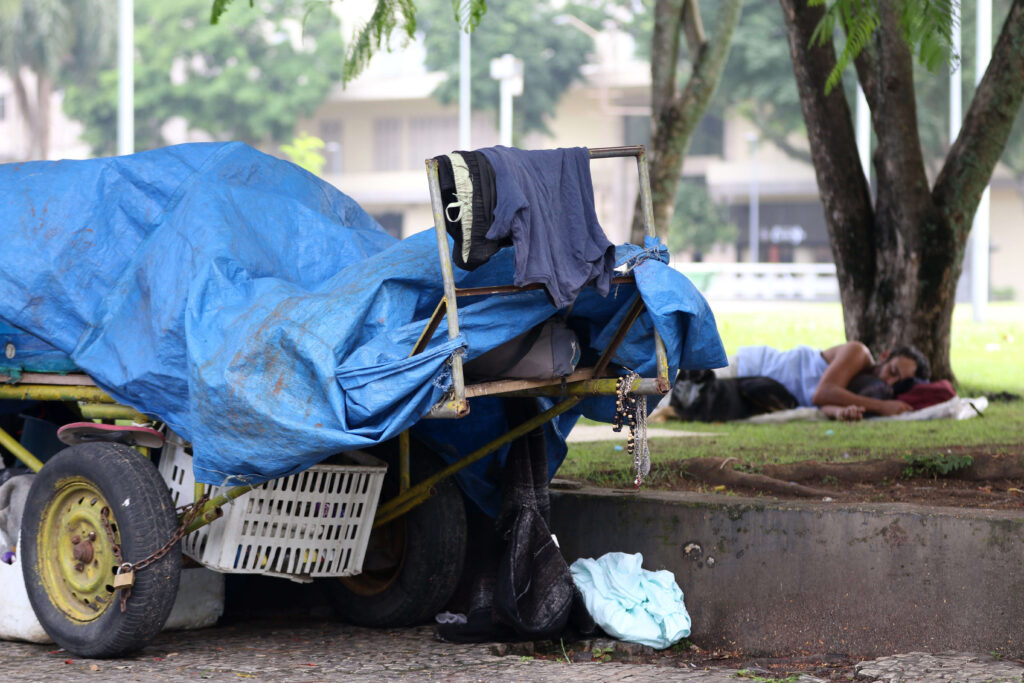São Paulo, Brazil – On International Women’s Day, the Brazilian government presented a bill to reduce the salary gap between men and women who hold the same job. Data from the Brazilian Institute of Geography and Statistics (IBGE), a government agency that gathers information on Brazilians, point out that the difference in payment, which had been falling until 2020, has risen again and today is 22%.
This means that a Brazilian woman earns, on average, 78% of a man’s salary. To reverse this scenario, the government bill provides that employers who pay different salaries to a woman who has the same time at the company, the same function and similar education to a male employee may be fined 10 times the value of the highest salary paid at the company.
The bill also provides for the obligation of companies that have more than 20 employees to give transparency to salary ranges to allow inspection by the Ministry of Labor. The proposal was sent to Congress and will still have to be approved first by the Chamber and then by the Senate.
Minister of Planning and Budget, Simone Tebet, denied that the proposal could result in a reduction in the hiring of women by companies that want to avoid punishment. According to her, this is a misogynistic vision: “If an employer is discriminating against a woman, if that is a factor for him not to hire a woman, there will be many serious, responsible and committed companies to do this.”
The Minister of Women, Cida Gonçalves, mentioned a study by the International Labor Organization (ILO), which points out that equal pay between men and women can add 0.2% to the growth rate of the Gross Domestic Product (GDP) of a country. “We are working hard to make this happen in Brazil,” she said.
For President Luiz Inácio Lula da Silva, by accepting that women earn less than men performing the same function, there is continuity of historical violence against women. “This bill has one word that makes the difference between everything that has ever been written about equal work for men and women: ‘mandatory’ to pay equal salaries,” he said.

Menstrual poverty
Another measure announced by the government was the offer of pads by the Unified Health System (SUS), which is the public health network in Brazil, focusing on the population that is below the poverty line. President Lula has already signed the decree that creates the “Program for the Protection and Promotion of Menstrual Dignity.”
According to the Ministry of Health, around eight million people will benefit from the initiative, with an investment of R$ 418 million (USD $83.6 million) per year. The new policy follows the criteria for aid paid to the poorest population (Bolsa Família), and includes low-income students, people living on the streets or in extreme social vulnerability.
The program is aimed at all menstruating people and reaches cisgender women, transgender men, non-binary and intersex people. According to Ana Nery Lima, a specialist in gender and inclusion at the NGO Plan International Brasil, which promotes children’s rights and equality for girls, menstrual dignity is also about human dignity.
“It is necessary to guarantee the distribution of pads to people who live with menstrual poverty, so that they can, at least, live with dignity. When people access safe and effective facilities and supplies to manage their menstrual hygiene, they are able to manage their cycle with dignity,” she told Agência Brasil.
The free distribution of pads is provided for in a law passed in 2021, but the previous government, of former President Jair Bolsonaro, was against the measure. Bolsonaro vetoed the proposal, but the veto was overturned by Congress. In 2022, the former president decided to regulate the distribution of pads, which did not happen until the end of his term, on December 31.

Combating violence
In addition to the salary equality project and the fight against menstrual poverty, the government announced another 20 measures linked to women’s rights that involve 19 different ministries. Actions include, for example, the implementation of over 40 Casas da Mulher Brasileira, shelter centers for female victims of domestic violence, and investments of R$ 372 million (USD $74.4 million) in the fight against gender violence.
Read more: In Brazil, 14 women are physically assaulted per minute: new study
“It’s essential that the government play its role, but it’s also necessary to go further and advance in understanding that contempt and hatred of women cannot be naturalized. This environment makes us return to statistics that are so repeated, but still so shocking: every day, three women are killed in Brazil just because they are women,” said Minister Gonçalves.
Other announced measures involve the creation of a policy to combat sexual and moral harassment and discrimination in the federal public administration, resumption of construction at 1,189 day care centers which had earlier been paused, investments in books and movies authored by women, and acceleration of startups led by women.










